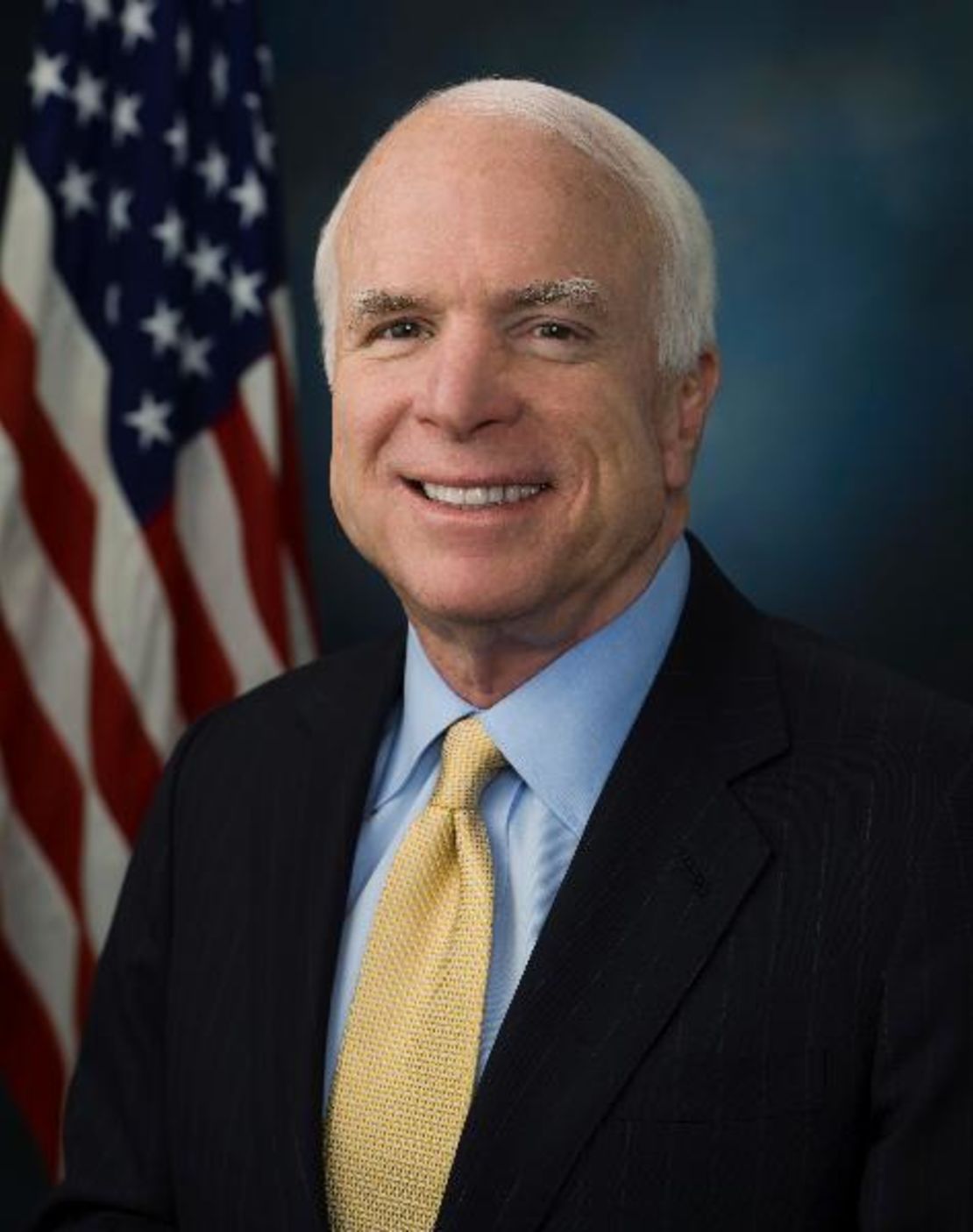Editor’s Note: Senator John McCain is a Republican representing Arizona and Senator Richard Blumenthal is a Democrat representing Connecticut. The opinions expressed in this commentary are theirs.
Story highlights
McCain, Blumenthal: NFL game blackouts are unfair to fans
They say FCC should vote to end rule that permits the blackouts when stadiums aren't full
NFL already benefits by laws that enable it to be a nonprofit, they say
Point: Blacking out games doesn't help ticket sales
This weekend marks the kickoff of what millions of Americans have been looking forward to since the final minutes of Seattle’s Super Bowl victory in early February – another football season.
Players, primed and ready, will take to the field, inspired to make their mark on the new season. Loyal fans, football-starved from a long offseason, will tune in to cheer on their hometown teams. No one can avoid the nervous energy that defines the start of a new season.
But one thing fans should never have to worry about is whether or not this week’s game will be impossible to watch due to a TV blackout.
It is unfortunate that we will kick off yet another football season with federal rules on the books that serve only to protect the leagues at the expense of sports fans.


One of these rules is the Federal Communications Commission’s (FCC) sports blackout rule, which prohibits a cable or satellite company from carrying a game that is blacked-out within the local broadcast area. While this affects leagues beyond the NFL, it occurs most often when, under the NFL’s rules, a home game does not sell out at least 72 hours before kickoff.
Under the FCC’s sports blackout rule, cable and satellite companies are unable to televise that game in the local broadcast market, leaving local fans in the dark.
While the blackout rule was originally cast as a way to encourage ticket sales, this rationale is no longer supported by the facts. The FCC is aware of this and voted unanimously last December to propose elimination of the rule, acknowledging that the record does not support the argument that blackouts increase ticket sales and that “the sports blackout rules have become obsolete.”
The comment period for this change concluded long ago, and the well-developed record clearly supports erasing the blackout rule from the books. But we are still waiting on the commission to cast a final vote.
We wrote FCC Commissioner Tom Wheeler in June, urging him to bring the rule to a final vote before the start of the new NFL season and he indicated the FCC will do so by “early fall.”
That time has now come, another season is upon us, and there is no reason to further delay. This is not a partisan issue, as a clear majority of FCC members from both political parties supports striking the rule. In an increasingly divided government, it would be a breath of fresh air for Republican and Democratic FCC Commissioners to unite with football fans and vote to spike this outdated regulation.
It is not surprising that since the vote last December, the NFL has launched an expensive lobbying and public relations campaign aimed at ensuring the blackout rule stays on the books. Their efforts have obscured the facts, arguing erroneously that the sports blackout rule has worked since its inception nearly 40 years ago. Unfortunately for the league, facts are stubborn things. Research by sports economists indicates there is no link between the blackout rule and stadium attendance.
The league has even threatened to move games from free broadcast TV to pay services like cable if the FCC carries through with the vote. This last-minute pitch is all for the purpose of protecting the NFL’s bottom line and preserving the status quo, which netted the league over $9 billion in revenues last year.
Further, the NFL enjoys nonprofit status – meaning it pays no income tax – and many games are played in stadiums financed in large part with taxpayer dollars. Federal regulations shouldn’t favor multi-billion dollar sports leagues over consumers, especially when those leagues have benefited so greatly from those very same taxpayers and sports fans.
As the new season begins, we hope the FCC will do the right thing, and immediately vote to eliminate this outdated anti-consumer rule. At a time when Washington doesn’t seem capable of achieving much, making sure fans aren’t left in the dark this season could count as a real accomplishment, one deserving a cheer from the American people.
Read CNNOpinion’s new Flipboard magazine.






















